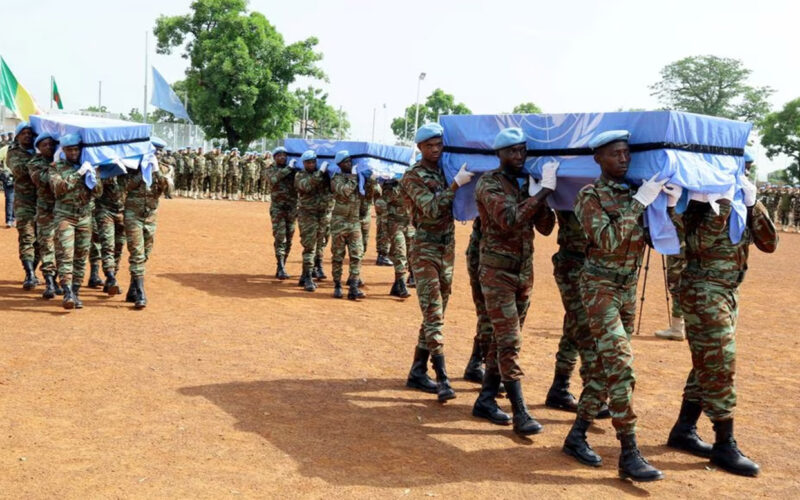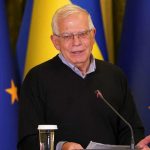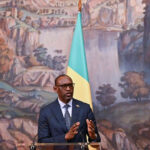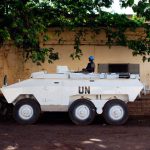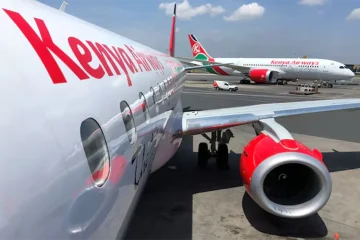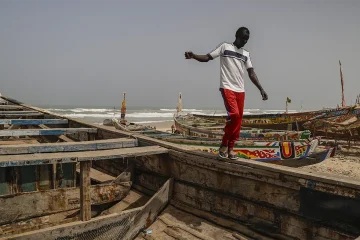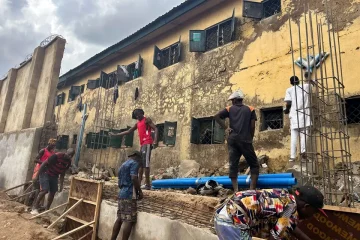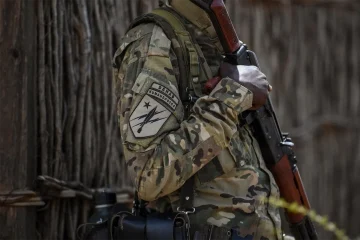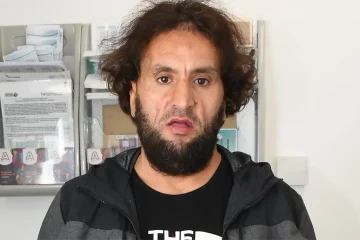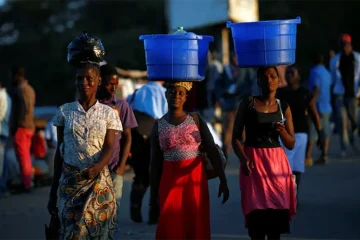THE United Nations Security Council unanimously voted to end a decade-long peacekeeping mission in Mali after the West African country’s military junta abruptly asked the 13,000-strong force to leave – a move the United States said was engineered by Russia’s Wagner mercenary group.
The end of the operation, known as MINUSMA, follows years of tensions and government restrictions that have hobbled peacekeeping air and ground operations since Mali teamed up in 2021 with Russia’s Wagner group, which was behind an abortive armed mutiny in Russia last weekend.
U.N. peacekeepers are credited with playing a vital role in protecting civilians against an Islamist insurgency that has killed thousands. Some experts fear the security situation could worsen when the mission departs, leaving Mali’s underequipped army alone with about 1,000 Wagner fighters to combat militants who control swaths of territory in the desert north and centre.
The 15-member council adopted a French-drafted resolution asking that the mission on Saturday begin “the cessation of its operations, transfer of its tasks, as well as the orderly and safe drawdown and withdrawal of its personnel, with the objective of completing this process by Dec. 31, 2023.”
As the Security Council voted, the White House accused Wagner leader Yevgeny Prigozhin of helping engineer the departure of U.N. peacekeepers from Mali and said it has information indicating Mali’s authorities have paid more than $200 million to Wagner since late 2021.
“What isn’t as widely known is that Prigozhin helped engineer that departure to further Wagner’s interests,” White House national security spokesman John Kirby told reporters. “We know that senior Malian officials worked directly with Prigozhin employees to inform the U.N. secretary-general that Mali had revoked consent for the MINUSMA mission.”
A Mali government spokesperson did not immediately respond to a request for comment.
Russia’s Deputy U.N. Ambassador Anna Evstigneeva told the Security Council that Mali had made a “sovereign decision.”
“We would like to confirm our support for Bamako in its aspiration to take full responsibility and play the leading role in stabilizing the Malian state,” she said. “Russia will continue to provide comprehensive support to Mali for normalizing the situation in that country on a bilateral basis.”
‘VIGILANT’
Mali’s government took note of the adoption of the resolution and “will be vigilant in ensuring compliance” with the withdrawal timeline, Mali’s U.N. Ambassador Issa Konfourou told the Security Council.
“The government regrets that the Security Council continues to consider the situation in Mali as a threat to international peace and security,” Konfourou said. “Mali remains open to cooperating with all partners that wish to work with it, subject to respecting the guiding principles of our state policies.”
The Security Council resolution authorizes MINUSMA to – “within its immediate vicinity” – respond to imminent threats of violence to civilians and contribute to the safe, civilian-led delivery of humanitarian assistance until Sept. 30.
It asks U.N. Secretary-General Antonio Guterres to work with the Malian authorities on a plan to transfer MINUSMA’s tasks and present it to the Security Council by Aug. 15. It calls on Mali to cooperate fully with the U.N. during MINUSMA’s withdrawal.
Konfourou said on Thursday that Mali would closely cooperate with the United Nations.
When requesting two weeks ago that MINUSMA leave, Malian Foreign Minister Abdoulaye Diop told the Security Council that there was a “crisis of confidence” between the U.N. operation and the Malian authorities.
Until Dec. 31, MINUSMA is also authorized to provide security for U.N. personnel, facilities, convoys, installations and equipment and associated personnel; execute operations to extract U.N. personnel and humanitarian workers in danger and provide medical evacuations.
Mali has struggled to stem the Islamist insurgency that took root following an uprising in 2012. The Security Council deployed MINUSMA in 2013 to support foreign and local efforts to restore stability. Frustrations over the growing insecurity spurred two coups in Mali in 2020 and 2021.

